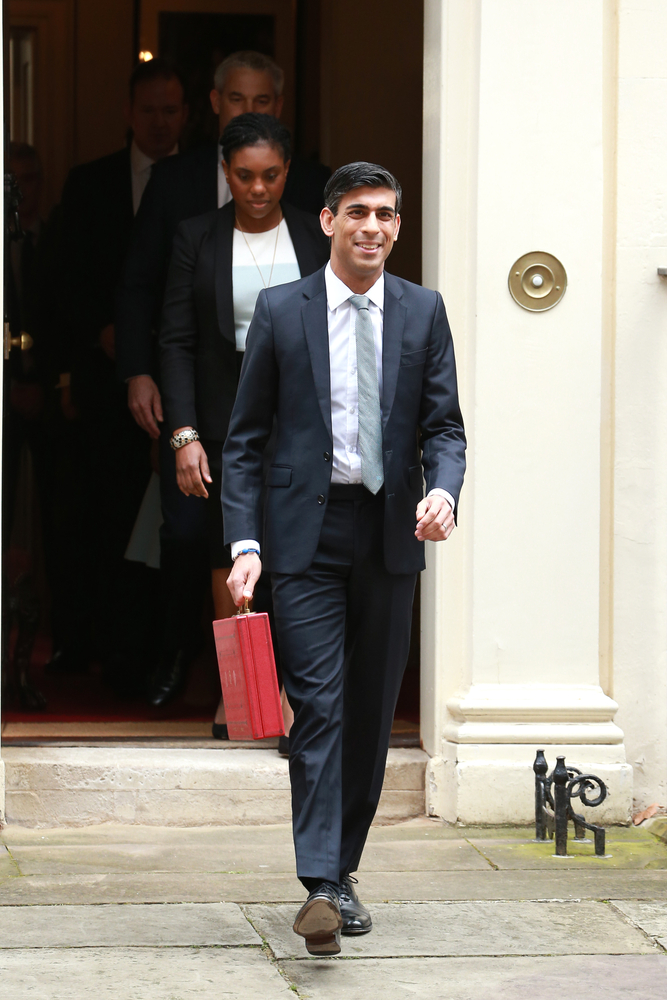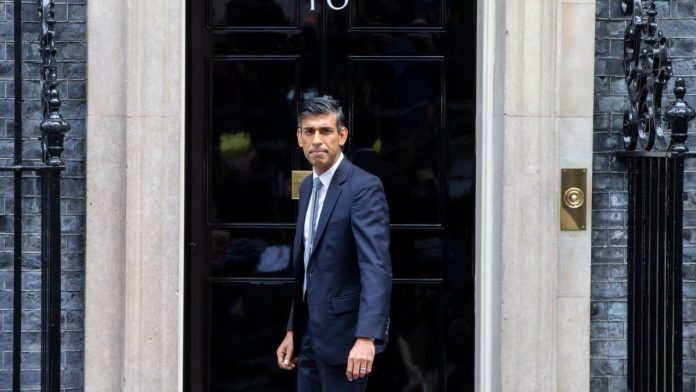The Conservative Party is banking on Artificial Intelligence (AI) as a growth driver not just for the UK economy but humanity in general. In its manifesto for the forthcoming election, the governing party has committed to continuing its AI funding efforts.
“AI will accelerate human progress in the 21st century, just as the steam engine and electricity did in the 19th century,” the policy document explained. “The UK is well positioned to spearhead this transformation and is already leading global work on AI safety.”
The UK general election is scheduled for Thursday 4 July, and opinion polls suggest things are not going well for the Conservative Party, which is trailing the Labour opposition by significant numbers.
With just a few weeks to go, the party is hoping its manifesto and associated campaigning could prove the edge over Labour. As a party which presents itself as the party of business and government of growth, policies relating to finance, fintech and tech are central to this.

The government’s plan, should it get elected, is one of continuation. Supporting tech development, in particular AI, has been a key focus for the Conservatives over the past year, having been raised by Chancellor of the Exchequer, Jeremy Hunt, in successive budgets in November 2023 and March 2024.
Should it win the election, the Conservatives pledge to increase research and development (R&D) public spending to £22bn, up from £20bn the year prior, and maintain its outline tax benefits in this area. A further £1.5bn has been pledged to support computing clusters.
The party explained that this £1.5bn investment would be used for “assembling the raw processing power so we can take advantage of the potential of AI and support research into its safe and responsible use”.
AI is a big banker for the Conservatives’ financial policies, as are crypto and digital assets – although the latter, which are slightly more controversial and likely harder to explain to much of the general voter base, have not had a mention in the manifesto.
PM Rishi Sunak is a big fan of tech, and has been encouraging cultivation of a digital economy – or ‘Digital Britain’ as a Conservative MP described it at a conference earlier this year – since his days as Chancellor of the Exchequer under Boris Johnson and Liz Truss.
Alongside overseeing growth for the British AI and digital finance sectors, however, the government has also preceded a significant decline in British retail banking. This has earned it the ire of the Labour Party, which earlier this year took aim at a decline of community banking services under the watch of its Conservative rivals.

This criticism appears to have been noted by the governing party in its manifesto. Against a backdrop of various banks like Lloyds, TSB, Barclays and Metro Bank closing branches, the Conservatives have pledged to slow the tide.
The manifesto read: “We have legislated to require banks and building societies considering closing a branch to consider the needs of all their customers and ensure they continue to have appropriate access to cash in their local community.
“We have already announced over 100 Banking Hubs which enable customers to access free to use cash and everyday banking services.”
Although retail banking got a mention, the Conservatives are still firmly focused on the tech and digital side of finance. Following on from the Edinburgh Reforms of early 2022 – which also occurred during Sunak’s tenure as Chancellor – will be central to the party’s financial policy, if re-elected.
It is hard to deny that financial services and fintechs have grown in prominence during the Conservatives’ 14 year tenure, although it is important to note that finance and banking has been a core industry in the UK for many decades prior.
Fintech in particular is often cited as a big UK success story, attracting substantial investment and likely playing a role in the economic recovery experienced earlier this year.
The Conservatives’ task, however, will be in convincing the general public that this growth works for them, and in competing against a Labour Party which is increasingly painting itself also as a party of business to win the hearts and minds of the financial sectors it is courting.





















